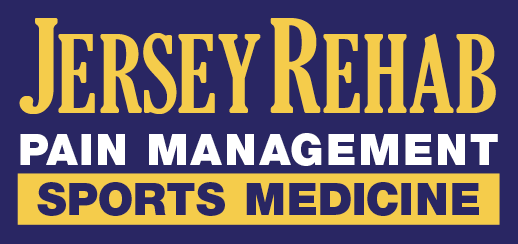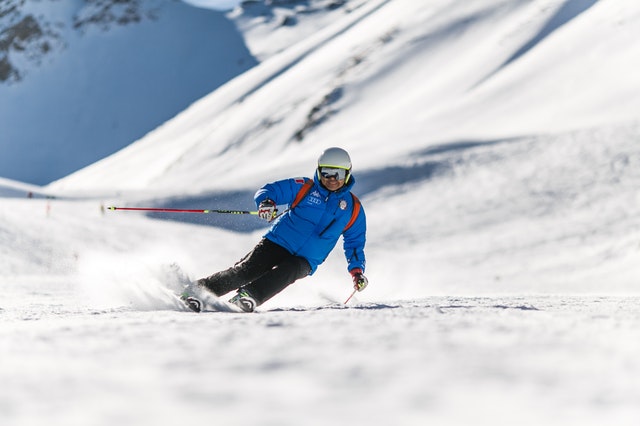Winter Sports: Protecting Yourself from Brain Injuries
Each year, millions of people participate in winter sports like sledding, skiing, ice skating, hockey and snowboarding. While these outdoor activities are plenty of fun, they also pose a risk for injuries. The slippery surfaces, high speeds and unpredictable courses are what make winter sports more dangerous than others.
You don’t want one afternoon of sledding or skiing to cause a lifetime of pain, so it’s important to protect yourself when outdoors. Below is some information on preventing brain injuries and other nerve injuries this winter.
Always wear a helmet.
You should always wear a helmet when participating in outdoor winter sports and activities. The snow may look soft, but we can assure you that landing on it won’t be. Not only are there hard branches, rocks and ice you might land on, but also you could crash into trees and other people.
Replace your helmet after an accident.
If you are in a serious accident with your helmet, be sure to replace it. Some helmets can only withstand one impact, while others can go through several. Still, you don’t want to have a false sense of security when skiing or snowboarding. Bottom line: Replace your helmet after a serious fall.
Be aware of your surroundings.
Pay attention to what’s around you. It’s easy to jump into things because you’re ready to have fun, but being alert can prevent common nerve injuries. Here are some tips:
- Scope out the trail, sledding hill or skating rink
- Be aware of blind spots, turns and sudden drops
- Don’t wear earbuds so you can hear what’s going on around you
- Avoid crowded areas
- Stay near the center of the trail to avoid obstacles
- Never ski or sled close to trees
Know your body’s limitations.
Sometimes people get injured because they do something outside of their comfort zone. If you’re going with a group, stick with the people who are on your level. If you feel you need more instruction on skiing, for example, take lessons. And, if you need a break, give your body time to rest and restore itself. Accidents are more likely to happen when you’re tired and distracted.
Know the signs of a possible brain injury.
If you or someone you’re with does take a fall, know the signs of a possible brain injury. The brain is an organ and it can be damaged on one or both sides. A mild brain injury may be temporary, but moderate injuries can last longer, especially when there is nerve damage. Here are the signs to watch for:
- Headaches
- Weakness
- Numbness
- Decreased coordination
- Slurred speech
- Confusion
- Nausea or vomiting
Most traumatic brain injuries can be prevented. Follow the tips above for a safe, healthy and active winter season. If an accident does occur, you may require physical therapy, occupational therapy and other support to recover. Contact Jersey Rehab at one of our four locations to learn more about our programs for sports injuries.

